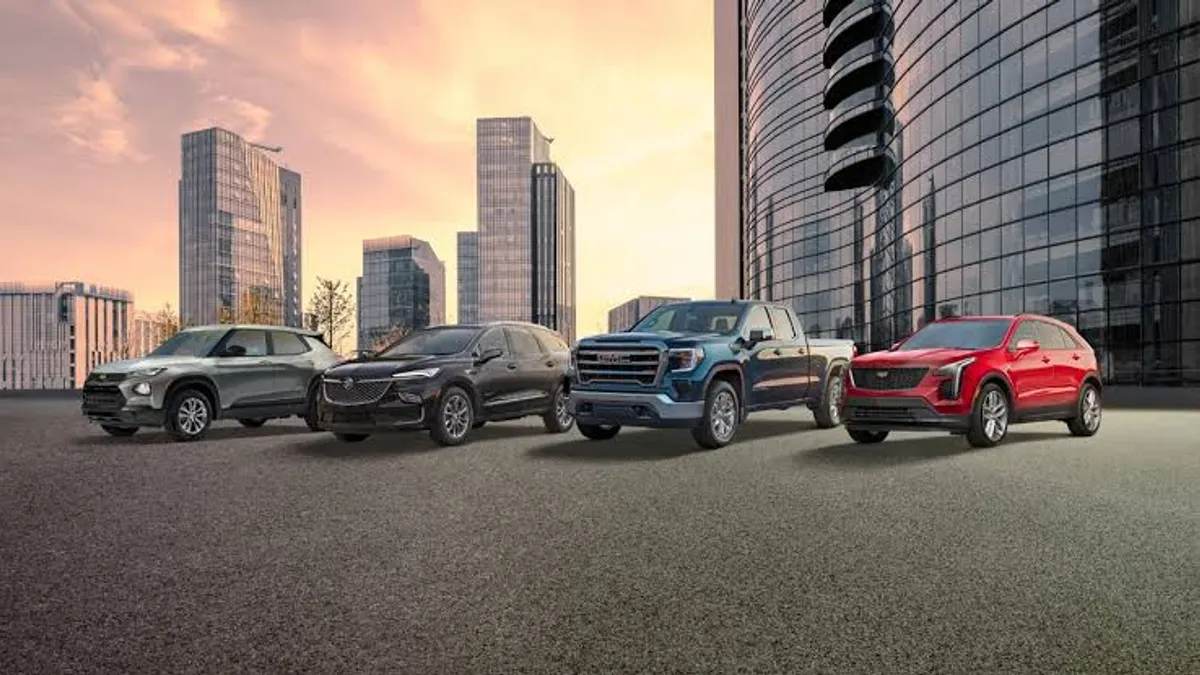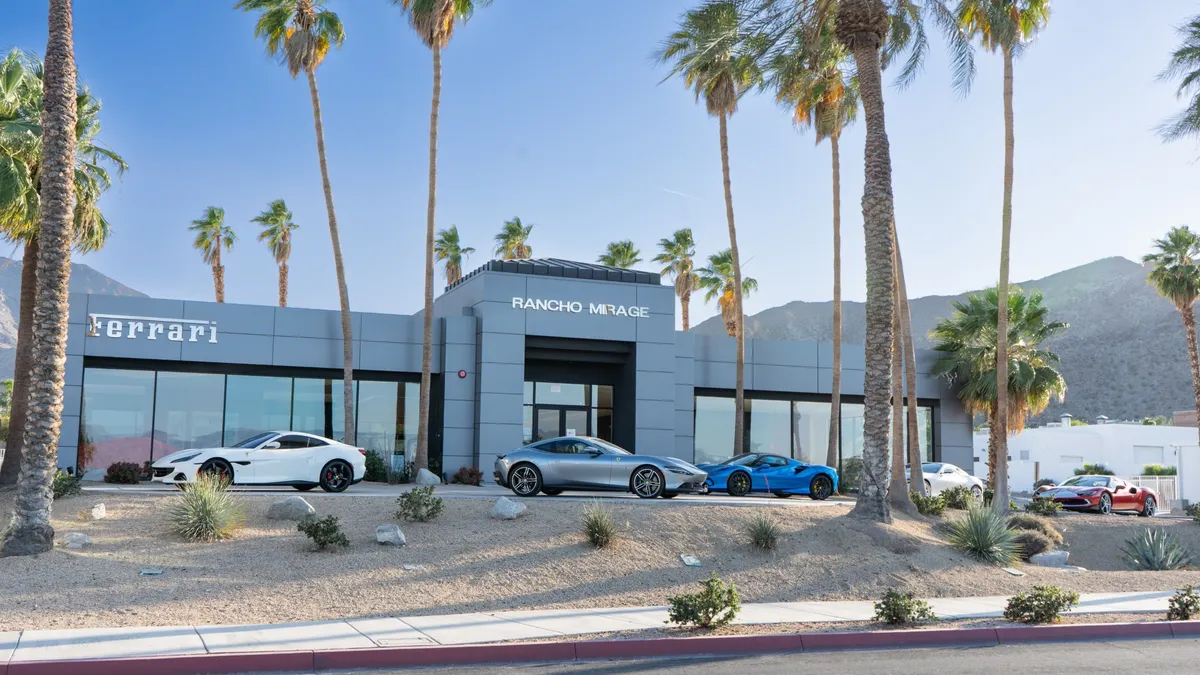Editor's note: This story is part of the WardsAuto digital archive, which may include content that was first published in print, or in different web layouts.
At car dealerships, yesterday’s occasional tough customers are becoming commonplace as consumer expectations rise.
So say participants of an online auto-industry panel discussion hosted by The Presidio Group, a financial firm specializing in the buying and selling of dealerships.
Today’s auto retailing is customer-centric like never before. Many consumers know that and expect dealers to treat them accordingly.
“Customer experience is the No.1 priority for remaining relevant to consumers,” says George Hines, senior vice president and chief innovation and technology officer at Lithia Motors.
It is No.3 on the WardsAuto 2020 Megadealer 100. The Medford, OR-based chain operates 187 dealerships.
He says that if online auto shoppers on a dealership website ask a question, the store should answer it fast. “If it is not answered in five minutes, they may move on.”
Before the internet became a powerful information source for consumers, dealers had the transactional upper hand, and regularly played it. They knew customers’ product and pricing knowledge was limited to sources such as sales brochures.
That lopsided dealer-customer relationship has ended, as empowered car consumers do extensive online homework and consequently car-shop armed with real-time information.
That is changing the role of dealership salespeople.
They now not only must serve as product-knowledge experts, when necessary, “but also deliver information in a way that makes customers feel they are doing things on their own,” Hines says. The goal is to “make those consumers feel they have all the information they need to make their own decision.”
The COVID-19 crisis has led to many dealers offering to home deliver test-drive and purchased vehicles as well as pick up and return vehicles for service work.
That heightened level of treatment, once nonexistent, likely will continue post-pandemic, says panelist John Simlett, a partner at EY Strategy, a consultancy focusing on innovation and mobility.
“People are asking, ‘How do I make best use of my time?’” he says. “It’s not necessarily going into a dealership” for extended hours.
Dealership call centers traditionally try to get shoppers to book in-store appointments. Taking it to another level, Simlett proposes converting those so-called business-development centers into “experience centers” accentuated by enhanced interactions for the customer’s sake.
“It’s all about customer experience,” says Sandy Schwartz, former CEO of Cox Automotive, now CEO of Cox Family Office. “People want a frictionless way to buy cars. It hasn’t always been that way.”
He adds COVID has put pressure on dealerships to improve the customer experience. “Some people think that is simple. It is not,” Schwartz (below) says. A vehicle transaction contains “a lot of moving parts.”
Those go from financing to trade-ins to mounds of paperwork and government documentation. There’s no express line for that.
Although digital auto retailing has gained traction during the pandemic, most car shoppers still at some point want to visit the dealership, “often just to test drive a car,” Schwartz says. “It’s an omni-channel experience.”
Amazon gets credit for making e-retailing mainstream and easy. Many auto industry people see it as a model worth emulating.
Car buying isn’t what it used to be. “The consumer now is in charge,” Schwartz says.
That can unsettle retailers. “Customer empowerment can feel like a complete loss of control for dealerships,” Hines says.
But empowering customers doesn’t mean giving away the store. Customer empowerment and dealer profitability are not mutually exclusive.
Hines says: “I like to think of it as meeting consumers at their moment of need. Since the pandemic, we’re seeing customers demand things they’ve never demanded before. It boils down to meeting them at the right level, at the right time and with the right information. It goes so far as to anticipating their needs.”
Car salespeople in the past often were stereotypically seen as mercenaries. Simlett speaks of them transitioning into “customer advocates” who help people along the way and don’t take advantage of them. “It’s no longer doing it to me,” he says. “It’s doing it for me.”
Dealers aren’t known for spearheading auto-retailing revolutions, such as we’ve seen. Instead, they adapt, Simlett says. “Dealers have proven time and again they can handle all that’s thrown at them.”
Steve Finlay is a retired senior editor at WardsAuto.


















